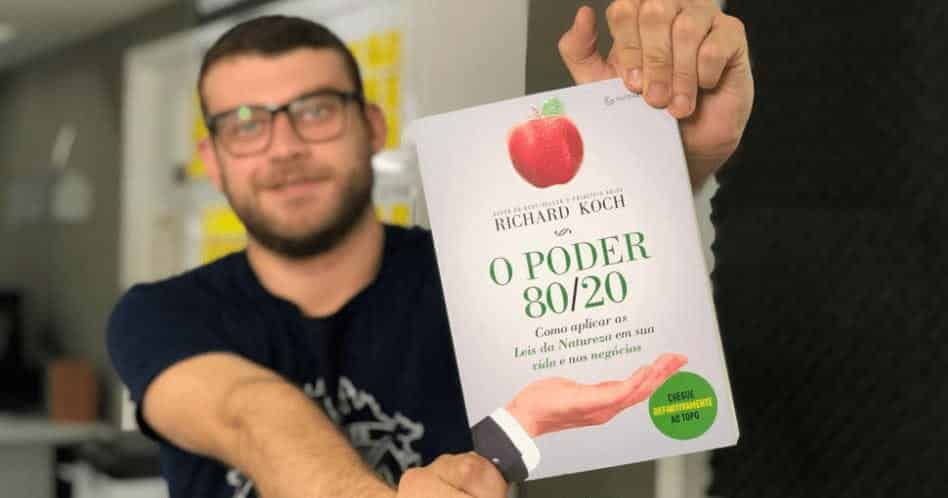
The 80/20 Principle - Richard Koch
Understand that the relationship between effort and reward will support you in using your time at work more efficiently. Strive for excellence in a few things, rather than a satisfactory performance in many others.
Choose language:
